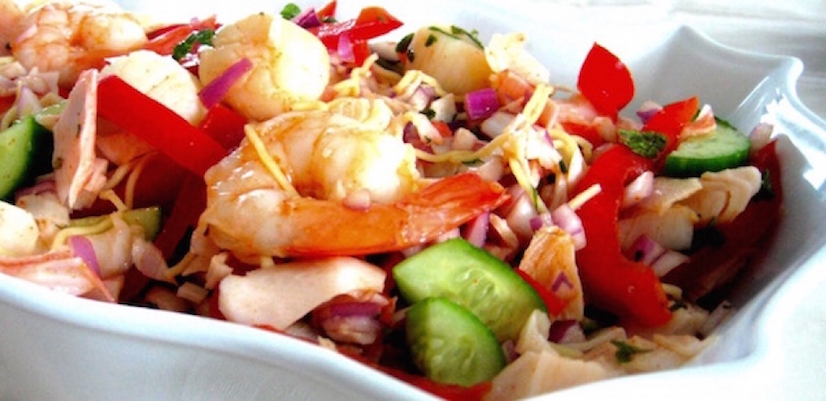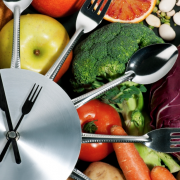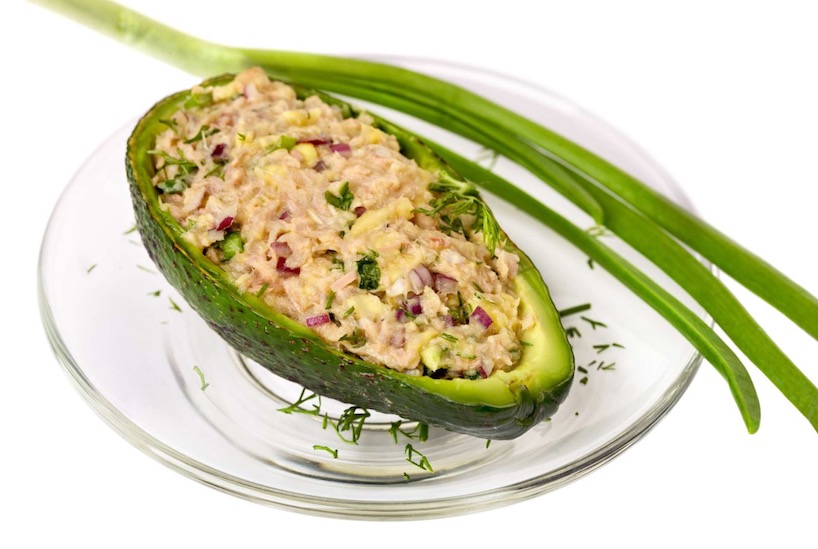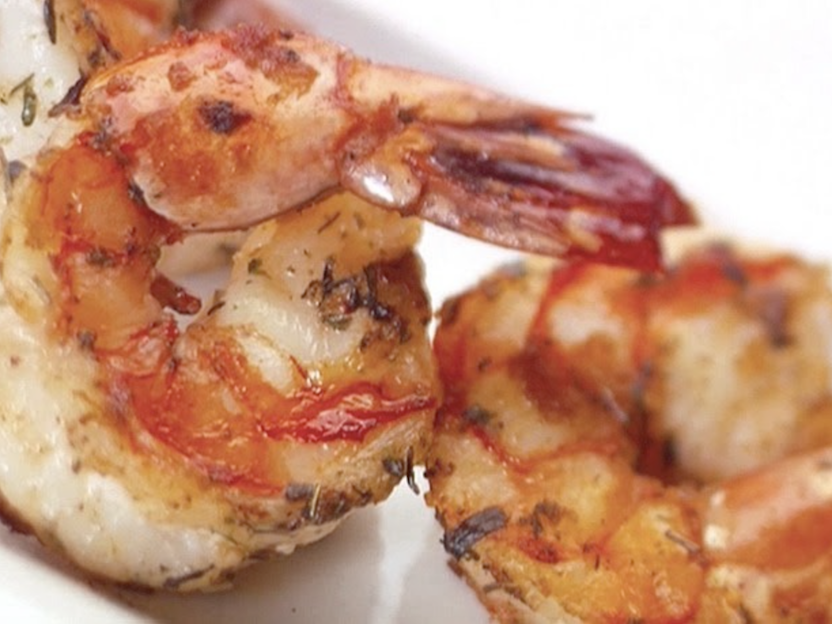In my 20 years of working within the health, wellness and fitness sector, I’ve vetted just about every diet plan that exists, from low-carb, ketogenic diets to very low calorie diets to those involving point systems and prepackaged meals. I also spent many years eating a vegan diet before eventually crossing over to more of a lacto-ovo vegetarian style of eating. I did all this for the sole purpose of providing honest, unbiased reviews, critiques and recommendations.
Of the hundreds of different diets out there, the pescatarian eating style is one that I’ve consistently recommended for individuals seeking to lose weight, improve their health, or achieve optimal levels of physical fitness. I formerly adopted a pescatarian diet in order to transition from my lacto-ovo vegetarian lifestyle, as this particular eating style is centered on a larger range of nutrient-dense foods rich in “good” carbohydrates, healthy fats, high-quality protein, vitamins and minerals.
Related Article: What You Should Know About Carbs and the Glycemic Index
Remarkably, pescatarian diets have widespread appeal among fitness enthusiasts and health-conscious people around the world. Due to their unique nutritional composition, these diets can be highly effective in preventing obesity and a number of chronic conditions.
Pescatarian diets generally involve abstaining from meat with the exception of fish and seafood. The term “pescatarian” is thought to have originated from the word “pesce”, which means fish in Italian. Incorporating this word as a prefix for the presumed Latin suffix “tarian” implies that the pescatarian is one who chooses or advocates fish. Similar to vegetarians, pescatarians are avid consumers of vegetables, fruits, grains, legumes, nuts and seeds with occasional inclusion of eggs and dairy foods.
Personally, my current diet is largely comprised of fish and seafood but I don’t label myself as a “pescatarian”, as I do occasionally consume poultry and lean meat.
Related Article: Intermittent Fasting: How I Control My Weight By Eating One Meal a Day
Pescatarian diets generally involve abstaining from meat with the exception of fish and seafood.
Due to the general emphasis on plant-based foods, pescatarian diets tend to be quite low in calories and saturated fat but very high in healthy fats (monounsaturated and omega 3 fatty acids). But, unlike vegetarian diets, the pescatarian eating style also supplies ample amounts of high-quality protein and vital micronutrients like vitamin B12, vitamin D, calcium, selenium and zinc. This is especially beneficial, as vegan and vegetarian diets tend to be quite deficient in these nutrients.
Related Article: Vitamin D: Why You Need it and How to Get It
Numerous health advantages come with adopting pescatarian diets, most of which are linked to the wide array of “good” carbohydrates, healthy fats and antioxidants abundantly present in plant-based foods. But, these diets offer numerous other benefits uniquely related to the inclusion of fish, seafood, eggs and dairy foods. Collective interactions between the nutrients housed in these foods greatly bolsters bone and muscle health, heart and blood vessel function, nervous system activity, and immunity.
Related Article: Good Fats Versus Bad Fats: What You Need to Know About Dietary Fat
Skeptics of pescatarian diets often cite the potential health risks of excessive mercury exposure, as nearly all types of fish and seafood are in some way or another contaminated. However, since some contain lower levels of mercury than others you can easily avoid excess exposure by regularly consuming fish and seafood with the lowest levels. These include salmon, tilapia, catfish, anchovies, sardines, light tuna, trout, whitefish, perch, squid (calamari), crab and scallops.
Related Article: Mercury in Seafood: What to Eat and What Not to Eat
Interestingly enough and unbeknownst to many, the generally high presence of selenium (a potent antioxidant mineral) in various types of fish and seafood can actually counteract the negative effects of mercury.
Related Article: Selenium: A Powerful Antioxidant You’ve Probably Never Heard Of
All in all, pescatarian diets have all the disease-fighting, health-promoting benefits of vegan and vegetarian diets without the risk of deficiencies in protein and other nutrients widely present in animal-based foods. While adopting this style of eating can have significant benefits it should be carefully planned and executed to reduce the likelihood of undue mercury exposure.







